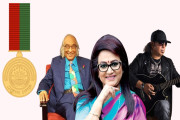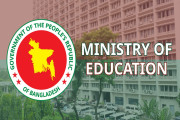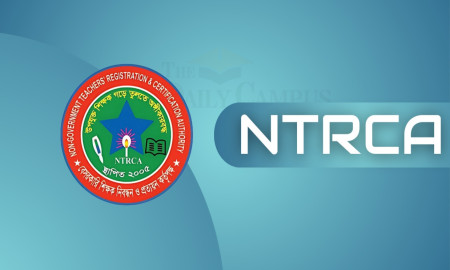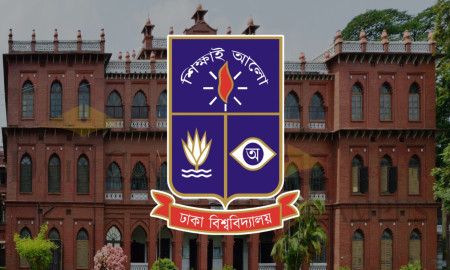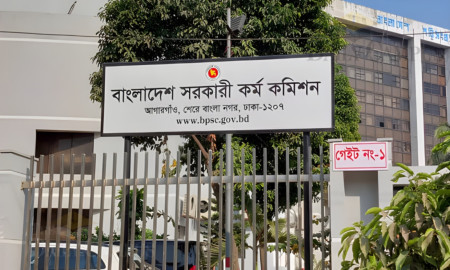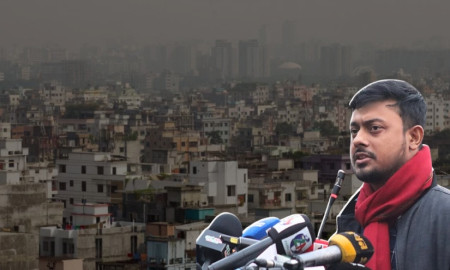Our Culture Stays the Same, Only Solidarity Has Shifted
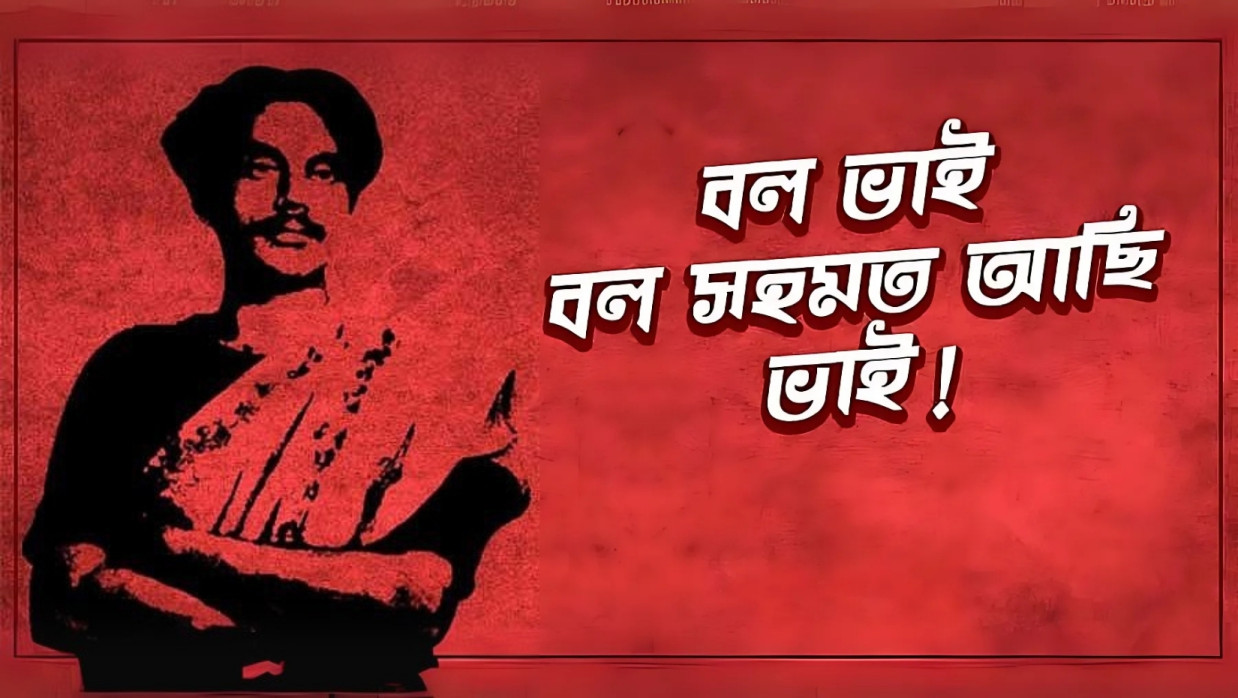
The culture of “consensus brotherhood” (Shohomot Bhai) in Bangladesh has not fundamentally changed, but the nature of its solidarity has. What was once deemed a crime is now embraced as a matter of taste, largely because the perpetrators have shifted from being outsiders to insiders within the same fold. Road blockades paralyzing entire cities, thuggery in neighborhoods, extortion, and bribery—little has changed, writes Mohammad Sanaullah, associate editor of *Prothom Alo*. Even during the brief respite in August 2024, when such acts paused amid a leadership vacuum, the chaos has since resumed.
Change has occurred, but it’s superficial. The stench of decay is now mistaken for the fragrance of roses, as societal norms bend to favor those in power. The character, influence, and moral framework of authority remain unaltered despite the transfer of power. The language, values, and sensibilities of society have been reshaped to align with the ruling class, echoing Italian revolutionary Antonio Gramsci’s theory that power is sustained not just by force but by cultural consent, where the ruling elite’s values become society’s “common sense.”
The hope sparked by the July 2024 uprising now seems to be fading. While power has changed hands, its language, logic, and ethics remain unchanged. Yesterday’s “Sona Miah” has been replaced by “Lal Miah” in a different guise, but the societal mindset remains manipulated by those in control, leaving citizens unaware that their values serve the interests of the powerful. The game is being played from beyond the field, a cruel fate that has defined Bangladesh since its inception.
French philosopher Michel Foucault argued that power operates through language and knowledge, determining what society deems “true” or “moral.” In this light, misconduct is no longer a crime but a source of pleasure when cloaked in the allure of power. German-American philosopher Herbert Marcuse warned that modern industrial societies condition individuals to lose their capacity for protest or resistance, rendering them one-dimensional, accepting what they see without imagining alternatives. The July-August uprising showcased Bangladeshis’ ability to envision a new future, a sign of sustainable development and resilience. Yet, recent discord signals dark clouds on the horizon.
French sociologist Pierre Bourdieu’s concept of “habitus”—the subconscious habits and mindsets shaped by one’s social environment—offers further insight. As seen in Edgar Snow’s *Red Star Over China*, Mao Zedong’s revolutionary zeal was influenced by his early experiences, where his father’s harsh treatment of peasants inspired Mao’s empathy for them. This underscores how upbringing shapes decisions and power dynamics. The habitus of Bangladesh’s new leadership—shaped by their education, political affiliations, cultural engagement, and social circles—will determine the nation’s future.
Ultimately, individuals are defined not by their birthplace but by the environment in which they grow—schools, political spheres, religious teachings, or friendships. The path forward depends on whether Bangladesh’s new guardians prioritize knowledge, arts, and inclusive leadership over self-interest. The hope is that they will steer clear of “credit-grabbing” and work collectively to build a prosperous, distinctive Bangladesh on the global stage.
Author: Md. Sanaullah, Sub-Editor, Prothom Alo


